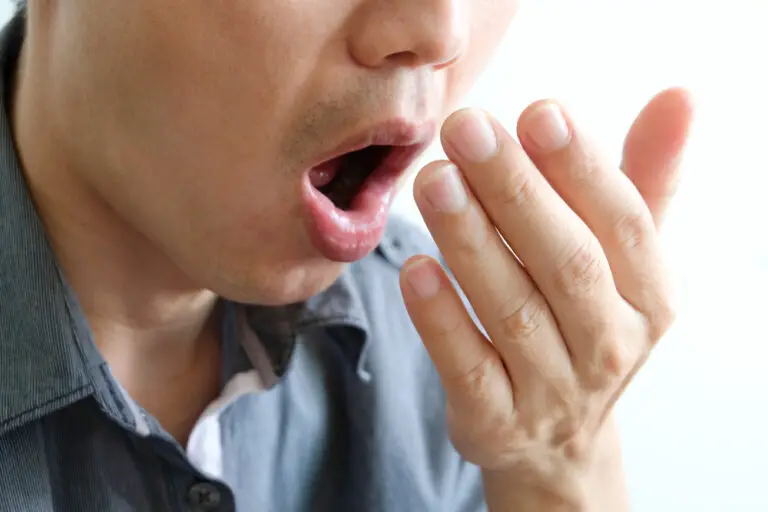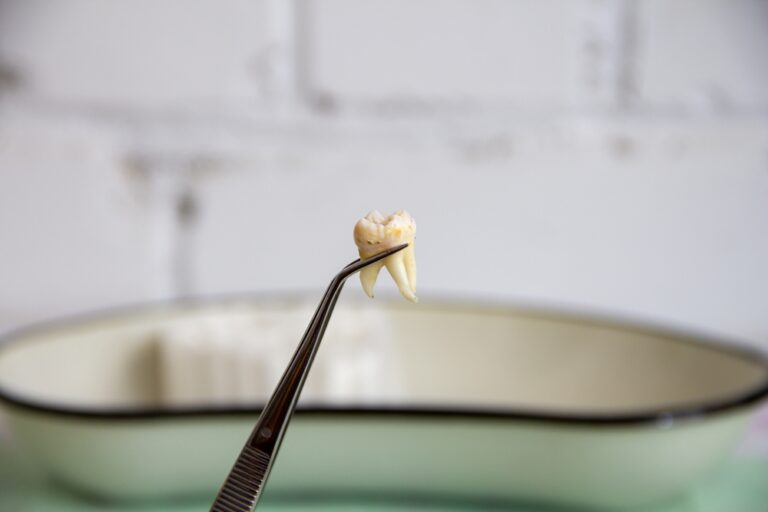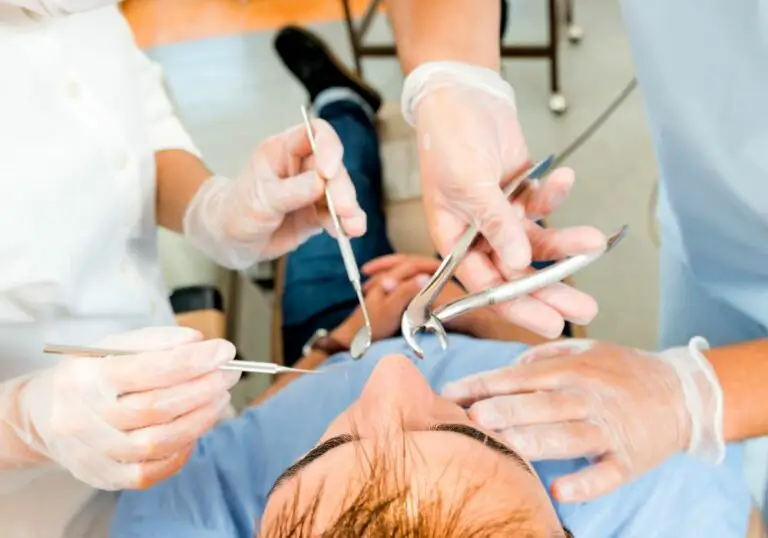Having black teeth can be an alarming sight and cause for concern. Extreme tooth discoloration can make people feel self-conscious about their smile. The good news is that even severely stained or dark teeth can be restored to a bright, white shade again with today’s advanced cosmetic dentistry treatments.
Causes of Blackened Teeth
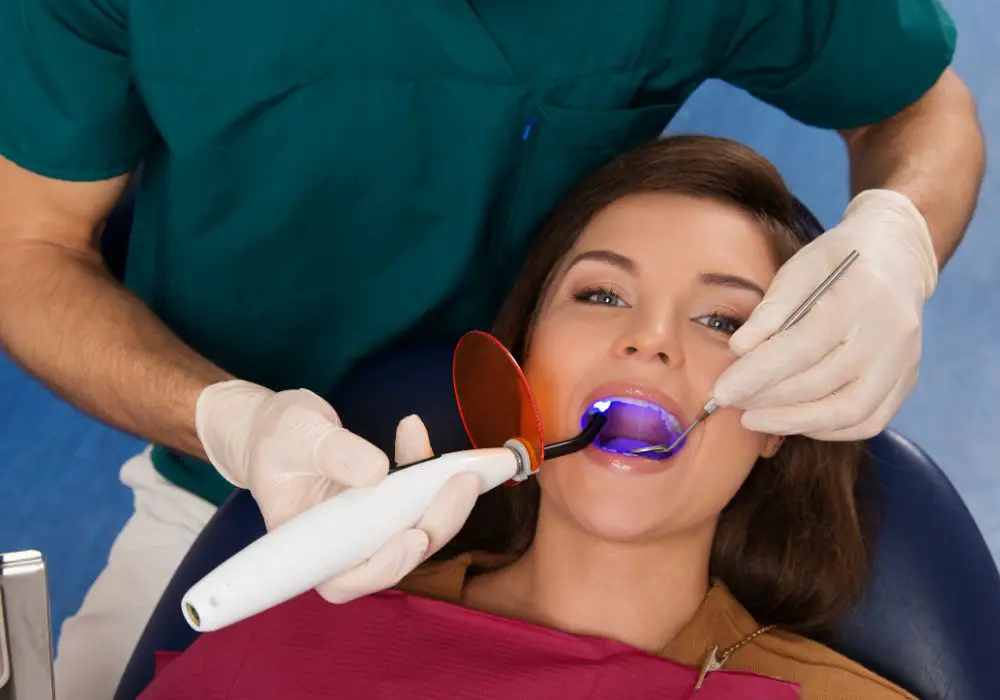
There are a few potential causes of blackened or discolored teeth:
Poor Dental Hygiene
Not properly brushing and flossing can allow plaque buildup on the teeth. Over time, this can stain and discolor the teeth. Food debris and bacteria in plaque produce acids that erode tooth enamel, making teeth more vulnerable to staining.
Smoking
Tobacco smoke is very staining, containing over 4000 chemicals that can discolor teeth. The tar and nicotine in cigarette smoke sticks to tooth enamel, leaving yellowish to brown stains.
Certain Foods and Drinks
Dark colored foods and beverages like coffee, tea, red wine, and dark sodas contain chromogens that can cling to enamel and cause stains. Highly pigmented foods like berries, tomato sauce and soy sauce can also discolor teeth.
Medications
Some prescription medicines like tetracyclines, blood pressure medications, antihistamines, antipsychotics and anticonvulsants can cause tooth discoloration as a side effect.
Trauma
Injuries and trauma to the mouth/teeth can result in a grayish-black discoloration, such as from amalgam tattooing when silver metal leaches into the tooth.
Tooth Grinding
Excessive grinding and clenching of teeth wears down the enamel and dentin, making the yellowish inner tooth color more visible.
Fluorosis
Overexposure to fluoride as a child while teeth are developing can result in enamel mottling or staining ranging from white to dark brown.
Aging
As people age, teeth naturally yellow from the internal dentin layer showing through as the enamel wears down. Elderly patients are also more likely to take staining medications.
Treatment Options for Blackened Teeth

If you have severe tooth discoloration or blackening, there are several effective treatment options:
Professional Teeth Whitening
Your dentist can perform in-office power whitening treatments using higher concentrations of hydrogen peroxide or carbamide peroxide gels along with heat and special LED lights to accelerate the whitening process. This can lighten teeth by up to 8 shades in one visit.
Take-Home Whitening Kits
Your dentist can provide customized take-home whitening trays and whitening gels with lower concentrations of peroxide for at-home use over 1-2 weeks. This is an affordable and convenient option.
Dental Veneers
Porcelain dental veneers are thin shells that bond to the front of teeth. Getting veneers can completely cover and transform the color of discolored or stained teeth.
Dental Crowns
Like veneers, crowns cover the entire visible part of the tooth. Your dentist will replace the blackened crown with a porcelain crown that matches your natural tooth color.
Proper Oral Care
Practicing good oral hygiene, avoiding staining foods/drinks, quitting smoking, and having regular dental cleanings can prevent further discoloration after whitening treatments.
Which Option is Best?
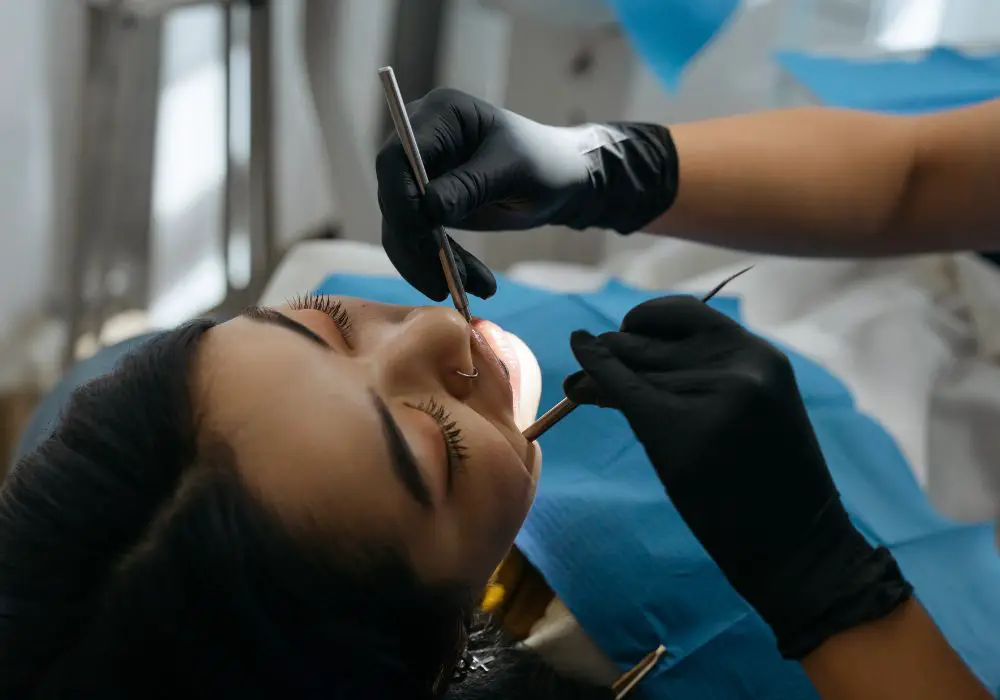
The most effective treatment option depends on the severity and cause of your tooth discoloration:
- Mild internal stains can be improved with take-home or in-office whitening.
- If enamel is eroded from smoking or grinding, veneers or crowns may be better to cover damage.
- For tooth trauma causing black spots, a porcelain restoration like a crown is recommended.
- If due to thin enamel or aging, ask your dentist if whitening can still work or if veneers are better.
Discuss all the options with your dentist. They will examine your teeth and help determine the most suitable treatment plan based on the condition of your smile.
Cost Comparison Table
Here is a general cost comparison of popular teeth whitening options:
| Treatment | Cost Range |
|---|---|
| In-Office Whitening | $300 – $1,000 per visit |
| Take-Home Whitening Kits | $100 – $400 |
| Dental Veneers | $250 – $1,500 per tooth |
| Dental Crowns | $500 – $3,000 per tooth |
In-office power whitening is the most expensive but also the fastest way to see dramatic results. Take-home kits take longer, but are more affordable over time. Veneers and crowns are the most invasive and costly but provide longer-lasting color correction.
Maintaining a White Smile
Once your teeth are whitened, it is important to maintain your bright smile. Here are some tips:
- Brush teeth twice daily with a whitening toothpaste. Using an electric toothbrush can also help remove stains.
- Floss daily to remove plaque from between teeth. This prevents tartar buildup that can discolor teeth.
- Use mouthwash to kill bacteria left after brushing. Look for antibacterial formulas with hydrogen peroxide.
- Limit staining food and drinks like coffee, wine, berries, tomato sauce, and dark sodas.
- Drink water after consuming staining foods/drinks to help rinse away pigments.
- Quit smoking and using other tobacco products. Avoid secondhand smoke as well.
- Get teeth professionally cleaned every 6 months to keep teeth stain-free. Discuss touch-up whitening with your dentist.
- Wear a custom nightguard if you grind your teeth to prevent enamel erosion.
Proper at-home care and dental visits can help you maintain a bright, white smile for years after whitening treatments. Avoid behaviors that originally caused tooth discoloration.
Frequently Asked Questions
Q: How long do whitening treatment results last?
A: In-office power whitening results can last 1-3 years. Take-home kits may last 6-12 months. With good oral care, veneers and crowns results are semi-permanent. Some touch up whitening may be needed.
Q: Can whitening damage my teeth?
A: Whitening treatments are safe when products with proper peroxide concentrations are used as directed. However, misuse can irritate gums and make teeth sensitive temporarily.
Q: Does insurance cover teeth whitening treatments?
A: Unfortunately, most dental insurance plans do not cover the cost of teeth whitening because it is considered a cosmetic procedure. Check with your insurance provider to be sure.
Q: Are some stains too severe for whitening treatments?
A: Yes, deep intrinsic stains due to trauma, nerve damage, tetracycline staining, or fluorosis may not respond well to bleaching. Veneers or crowns may be required in these cases.
Q: Can teeth be whitened while pregnant?
A: It is recommended to avoid teeth whitening while pregnant or breastfeeding. Check with your dentist to be safe. Take-home kits with lower peroxide doses may be ok but avoid in-office power whitening.
In summary, there are several effective options like professional whitening, veneers, and crowns that can restore even severely discolored or blackened teeth back to a white shade. Consider the cause of staining, cost, and duration of results when deciding on the best treatment plan with your dentist. With periodic touch-ups and good oral care, you can keep your brightened smile for years.

